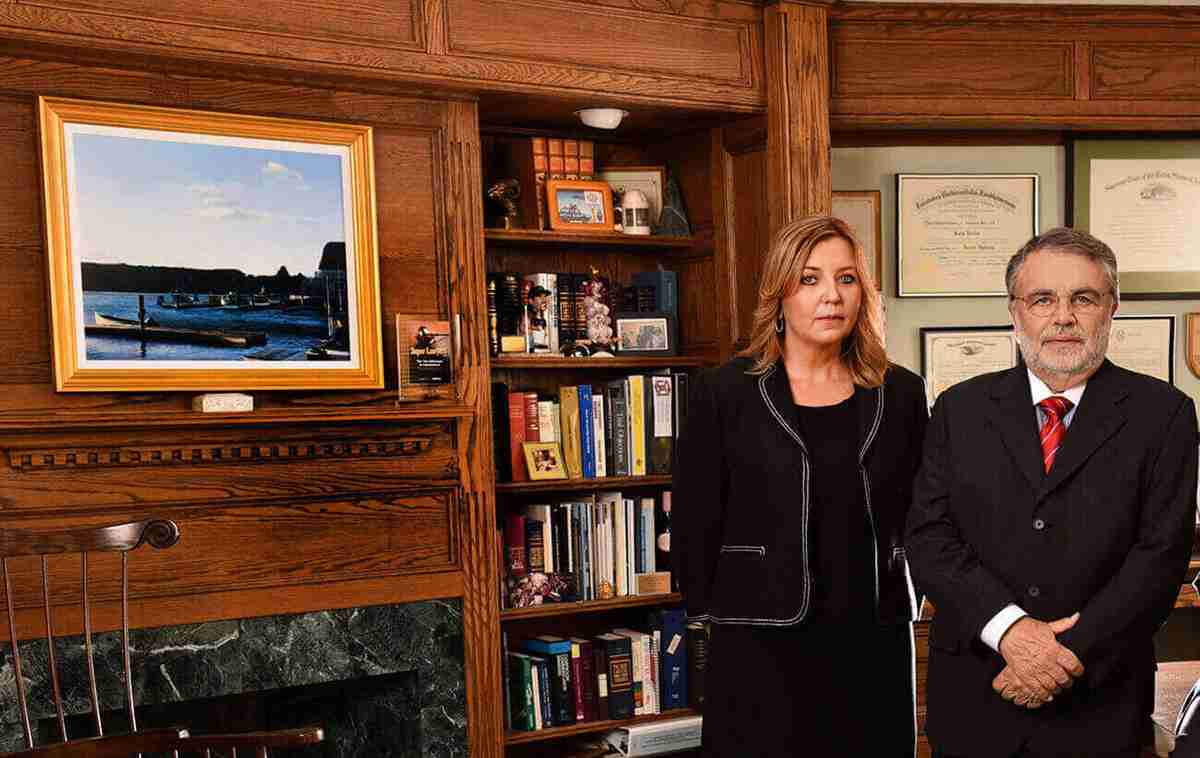posted in Child Custody
on Thursday, November 17, 2011.
Child custody disputes are not uncommon in Connecticut courts. Even garden variety child custody disputes may seem complicated, but when one parent is a citizen from another country, things can become much more complex. So, what happens when both parents are foreign nationals? The answer is usually a drawn-out affair involving international law. That is what is going on between a divorced Nicaraguan man and his former wife, a native of Japan, who has physical custody of their 9-year-old child.
The 39-year-old man filed for divorce from his former spouse in the U.S. during 2008. During the proceedings, the 43-year-old woman brought their child to Japan. While in Japan, she filed for custody rights. A Japanese court awarded her these rights in March of this year, but in 2009, the man was awarded legal custody by a family court in the U.S. When the man was given sole custody, the couple’s divorce had already been finalized. Back in Japan, both spouses appealed the custody ruling. The woman likely did so because it allowed for her former husband to see his daughter in the U.S.
Conflicting custody arrangements and missed court dates, as well as the sudden removal of the 9-year-old child from the U.S., left the ex-wife wanted by authorities for the violation of parental custody laws as well as for contempt of court. During April of this year, the woman was found in the U.S. and arrested. The conflict has still not been resolved. The U.S. government suggested following guidelines designated by an international pact designed for just such a conflict. This treaty, known as the 1980 Hague Convention on the Civil Aspects of International Child Abduction, has been signed and endorsed by 86 countries. Japan has signed this agreement, but has not ratified it, meaning that it does not officially follow its parameters yet.
If the Japanese government had ratified the pact, the arrest of the 43-year-old woman would likely not have happened.

